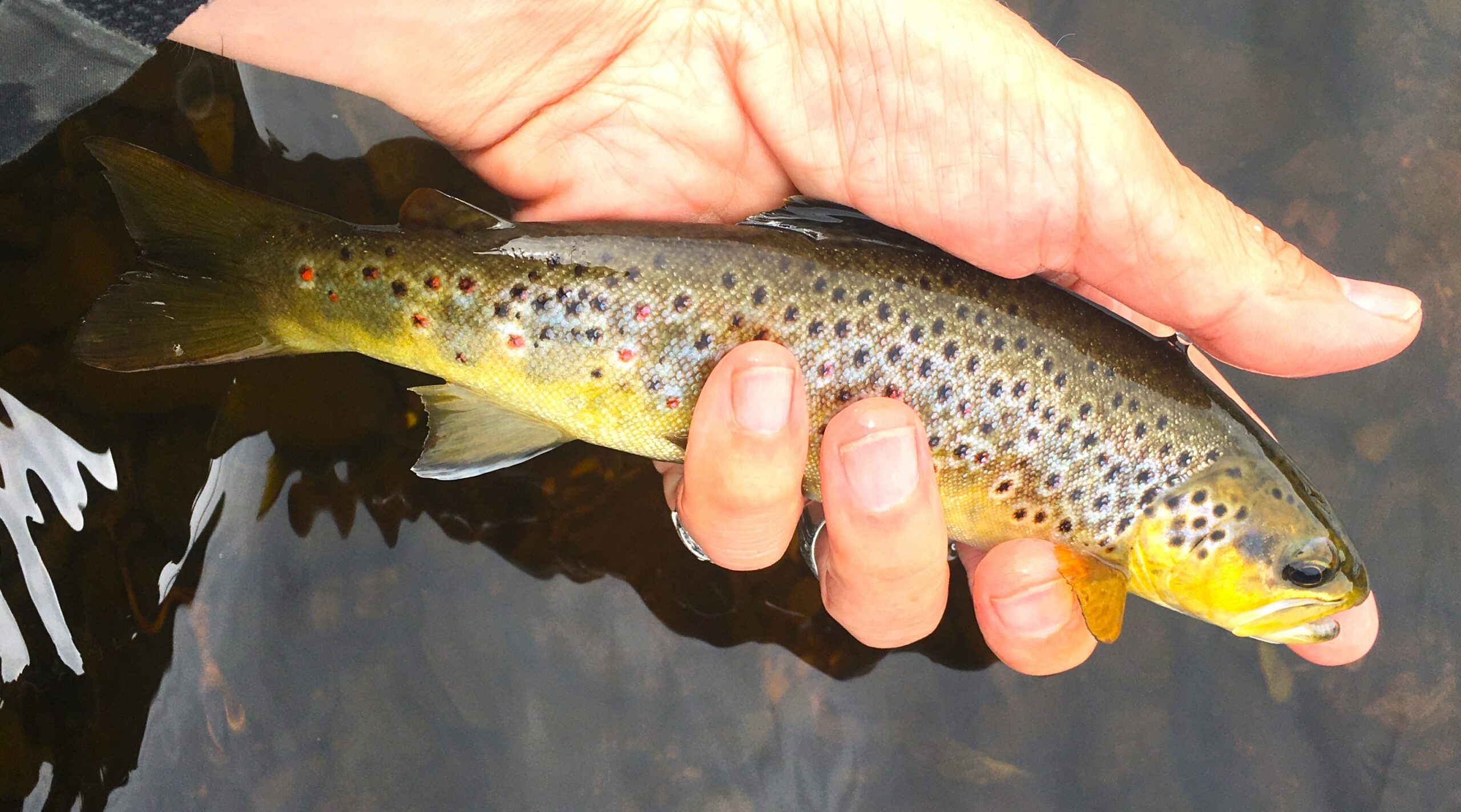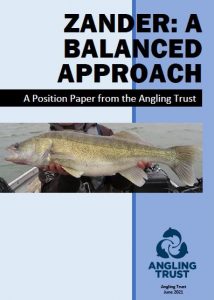
Angling Trust
Angling Trust call for a balanced approach to Zander gets backing from across the sport
Zander may have been present in UK waters since the 19th Century but they have never been far away from controversy with increasing numbers of predator anglers welcoming them as a sporting fish whilst others continue to blame Zander for declines in silver fish stocks, particularly on parts of the canal network.
The implications of the various regulations are not entirely clear resulting in some demands to criminalise anglers for returning Zander whilst others have been calling for an end to the right of clubs and riparian owners to manage Zander populations in their fisheries.
After consultation with advocates on both sides of the debate, the Angling Trust has produced a policy position on Zander which accepts that the fish are here to stay and are officially classified as no more than “medium risk”. The paper recognises that Zander are a legitimate sporting target for catch and release fishing and should be accepted as such in enclosed stillwaters and catchments where they are established and causing no undue problems. However, the Trust also supports the right of clubs and fishery owners to manage Zander stocks in waters where they are considered to be damaging, as the law allows.
The new policy paper has been described as “balanced and responsible” and has attracted support from both match and predator anglers and from key figures in the angling trade including England Manager Mark Downes, Cadence canal specialist Darren Massey, predator experts Gary Knowles, Mark Powell-Bevan and Gary Palmer, Mat Woods, Brand Manager at Korum and Daryl Hodges, Head of Marketing at Dynamite & Normark UK.
Mat Woods said:
“For me this issue has always been about choice. In the past, those choices were taken away and anglers were vilified for targeting Zander. Barriers are bad for angling – in any form – so I’m delighted to see such a cognisant and palatable policy that breaks down those barriers. Anglers and riparians alike should have a choice when it comes to Zander. With clarification on those choices I believe we will see more anglers fishing for them. That’s good for angling, whichever way you look at it.”
Mark Downes said:
“I agree with the Angling Trust stance on Zander as it covers all bases with regard to competitions. I feel ultimately the riparian owners must be able to control their own fisheries.”
Gary Knowles – Korum Consultant and Predator Expert said:
“In my view asking anglers to kill or remove a fish that they respect and care for goes against the very core of why we love this sport, and therefore attempts to vilify or at worst prosecute those that choose to return, unharmed their quarry from where it was caught I find both distasteful and divisive.
In this statement the Angling Trust make it clear they will not support unwilling anglers be-coming part of a cull and have stated emphatically that they will oppose any moves to criminalise those of us that will continue to return zander, and for that reason this state-ment gets my support.
I do think they could go further, and I’m sure a lot of specialist zander anglers will feel the same about some of the wording, but as we all know Rome wasn’t built in a day and I’m convinced that for all of us that love fishing for zander, this is most definitely a step in the right direction”
The Angling Trust paper states:
Zander are a popular and valued sport fish amongst many predator anglers and have enjoyed recognition in the official British Record (rod caught) Fish lists for many years. Equally, we acknowledge that in certain environments their presence is not welcomed by other coarse and competition anglers who view Zander as detrimental to their own sport.
The Trust argues for the following:
- Angler choice coupled with freedom for angling clubs to take appropriate management measures with regards to Zander.
- The use of permitted control methods by riparian owners, particularly in canals or in enclosed stillwaters, to manage their Zander populations.
- No support for attempts to force unwilling anglers to be part of any cull and will oppose any moves to criminalise anglers for choosing to immediately return Zander they have legally caught on rod and line in waters where they are already established.
- Clarification with joint approach to DEFRA to seek a specific Code of Practice for the management of Zander under the Wildlife and Countryside Act 1981.
- Encouragement for the Canal & Rivers Trust and other riparian owners seeking to manage Zander populations in their waters to actively consider the creation of Canal Zander Zones and bespoke Zander fisheries on totally enclosed stillwaters with a view to creating more legal sustainable Zander fisheries delivering angling opportunities with low risk of environmental harm.
The document ends with the following commitment aimed at bridging the Zander divide:
The Angling Trust is committed to working with all our partners and stakeholders in resolving the fishery management issues and conflicts around the presence and capture of Zander in English waters.
Jamie Cook, CEO of the Angling Trust said:
“Division in angling is never good and we’ve worked extremely hard on this difficult issue to develop a sensible and pragmatic way forward. Criminalising anglers for practising catch and release fishing is unacceptable and unnecessary. If Zander stocks need to be controlled, and we totally accept that there are locations where this is the case, then there are more efficient and palatable ways of getting the job done. And let’s face it the Environment Agency and the police have many more pressing issues to deal with including tackling polluters, poachers and other wildlife crimes.”
The paper was compiled by Martin Salter, Angling Trust’s Head of Policy, who added:
“The more I dug into this issue the more I realised that with a bit of give and take on both sides there was a sensible way forward. I’m old enough to remember the dire predictions that were flying around in the 1970s about what Zander were going to do to fish stocks in the Fens and later in the Trent and the Severn. In reality, they have established themselves and a balance has been found. Whilst the law quite rightly allows for controls where necessary, particularly on the shallower canals, in many locations Zander have become a valued sporting target and our fishery rules need to reflect this fact.”
You might also like

ENGLAND WIN SILVER, RINGER TAKES GOLD, AND MASTERS FINISH…
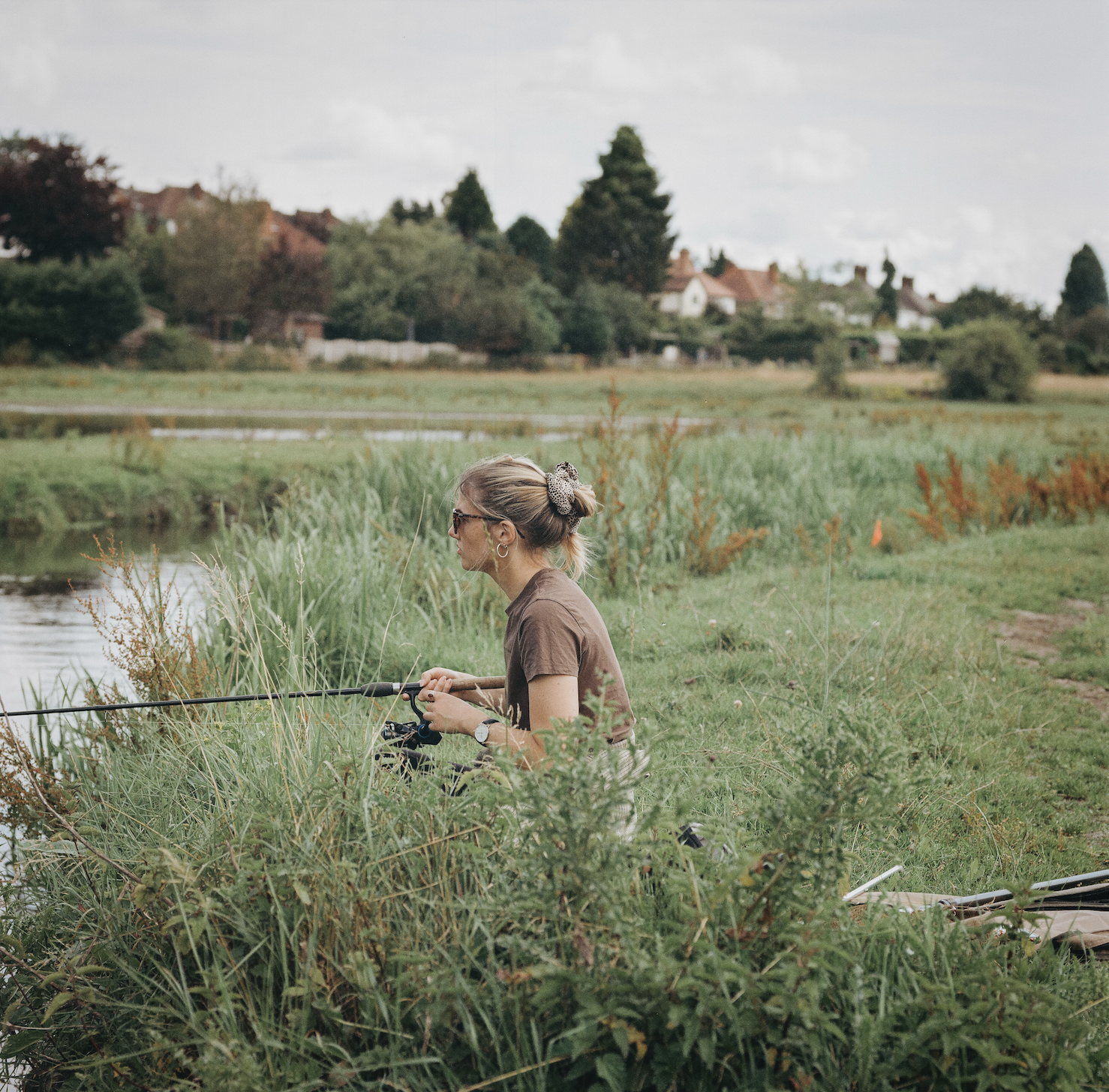
‘Lady of the Stream’ photographer Amber Banks Brumby captures…

ANGLING TRUST APPOINT NEW MANAGER FOR ENGLAND DISABLED TEAM
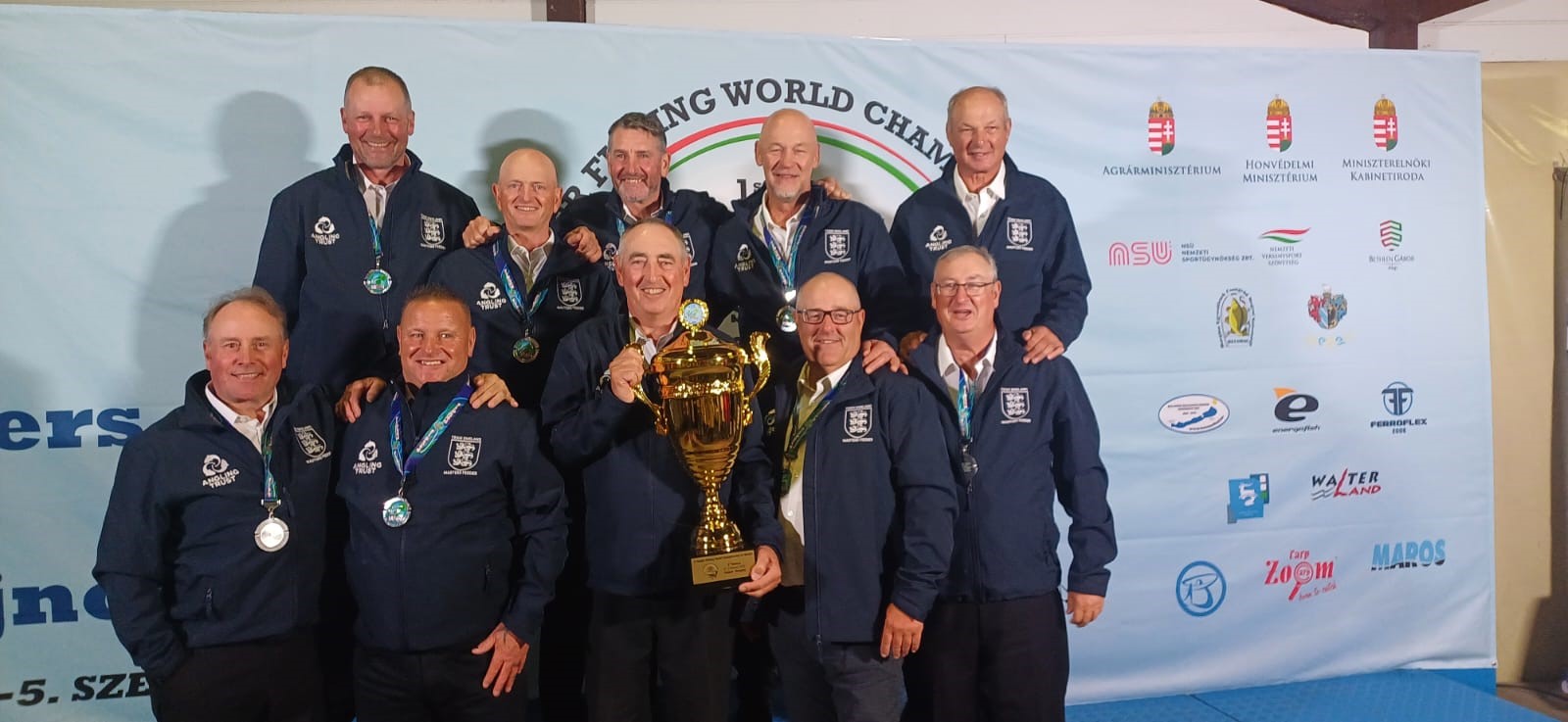
SILVER FOR ENGLAND IN MASTERS FEEDER WORLD CHAMPS

MANAGER NAMED FOR NEW ENGLAND U22 CARP TEAM

Anglers Views Needed on Southern IFCA Shore Gathering Byelaw

Angling Improvement Fund now open for projects to control…
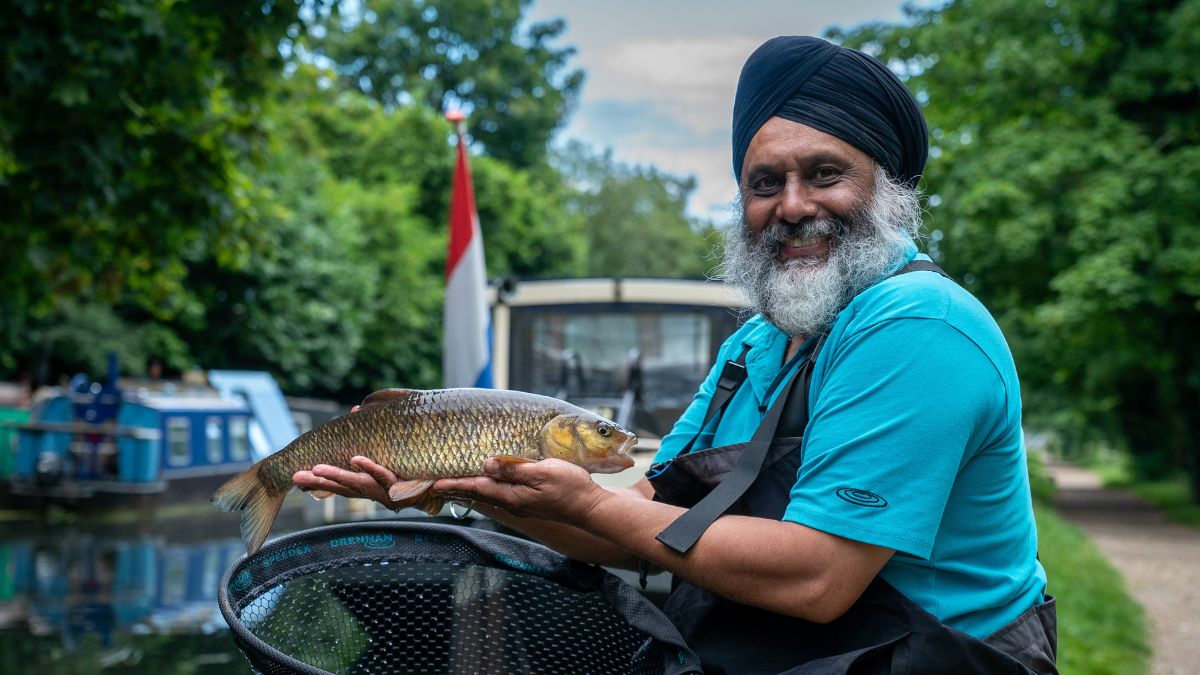
Londoner selected for Angling Trust’s short film YouTube series
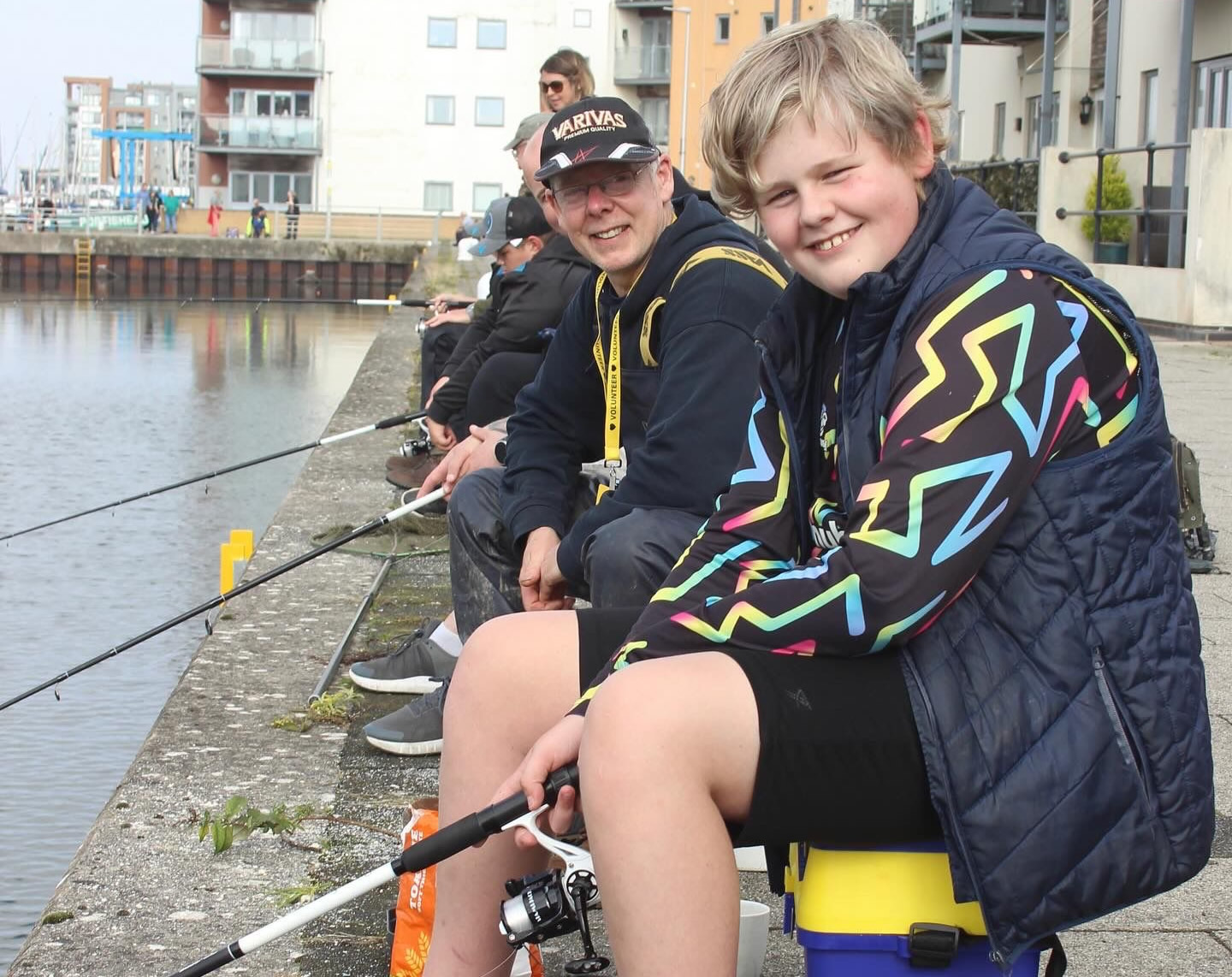
📷 NEW PHOTOS: Get Fishing event at Portishead Marina…

ENGLAND KAYAK TEAM WIN SILVER IN CLOSE WORLD CHAMPS
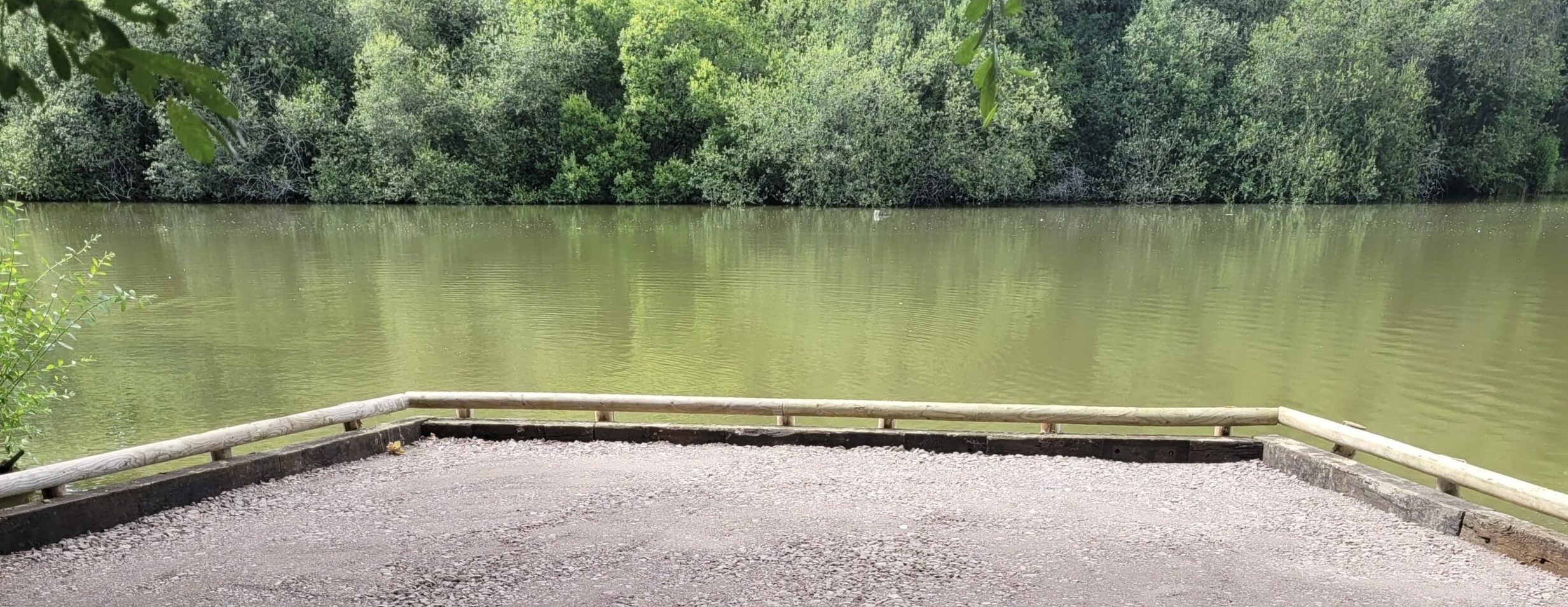
The Fisheries Improvement Programme – Supporting Club Development
